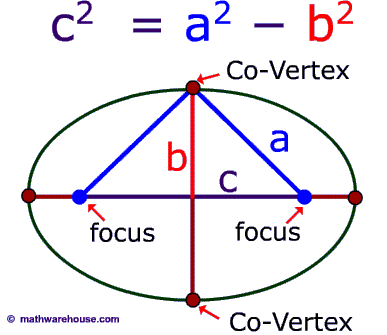Three more points from your first essays:
1. If you ask a "rhetorical question," you need to punctuate it with a question mark. One example you used: It is a good thing to do, because what is the point of keeping that joy inside you?
Rhetorical questions are used when you pose a hypothetical question to your reader, and you assume that the reader will answer in the same way you do. You assume that they agree with you, and you want to use that presumed agreement to further persuade them of the larger thesis your essays defends. Be careful not to overuse this rhetorical device; people do not always agree with you.
"rhetoric" in general is the art of communication -- particularly persuasion. How to make others believe or agree with you when writing essays or speaking in public. There is a long history of rhetorical strategies in western history, beginning with Greek and Roman orators -- "rhetorical questions" being just one example.
Here is a
link on rhetoric. It's good to know about, both for writing and for understanding the foundations of Western history.
2. Do not write the way you speak. Writing is a formal exercise that requires more effort to do correctly. Speaking is done on the fly, without always following grammar rules as closely as proper writing does.
Sometimes the difference can be as simple as using a comma at a point where, when speaking, you would pause.
Two examples from a past essay: When you do good, let it go. When you do bad, talk to a friend and let it go.
Notice that "when you do good" and "when you do bad" are both adverb clauses. "you" is the subject and "do" is the verb in both adverb clauses. The subject of the independent clause is implied, given that the verb is in the imperative (command) form.
In speaking we often pause, while in writing such moments are marked by punctuation, such as a comma.
Pauses also mark transitions between grammatical structures that do not require punctuation, for instance before and after a prepositional phrase. For example: The van {with the raft on top} is mine. The natural place to pause here is after "top" which is the end of a preposition and immediately preceding the man verb of the sentence "is." The subject of the sentence is "van." Paying attention to these non-punctuated pauses can help when analyzing the grammar of a sentence.
3. Don't be repetitive. A certain amount of limited repetition is necessary. In the beginning you introduce your main ideas, in the body you develop your main ideas, and in the conclusion you briefly reiterate your main idea. The key to avoiding sounding repetitive is to thoroughly develop your abstract ideas with concrete examples and details. This way the abstract idea is repeated only in key spots, like the end of the introduction and the topic sentences of the body paragraphs, all the other sentences are using different language to develop and exemplify the abstract statements.
Also the main idea is always linked to the function of the paragraph it is in. So in the introduction the main idea is presented as an answer to the question. In the conclusion, the main idea should be linked to some broader idea that transitions the reader out of the narrow treatment of the idea that you offer, and into the broader world in which your opinion, and the question, operates.
Examples of my abstract idea, I am afraid, will have to wait until we meet again and discuss this common approach to writing introductions and conclusions.



